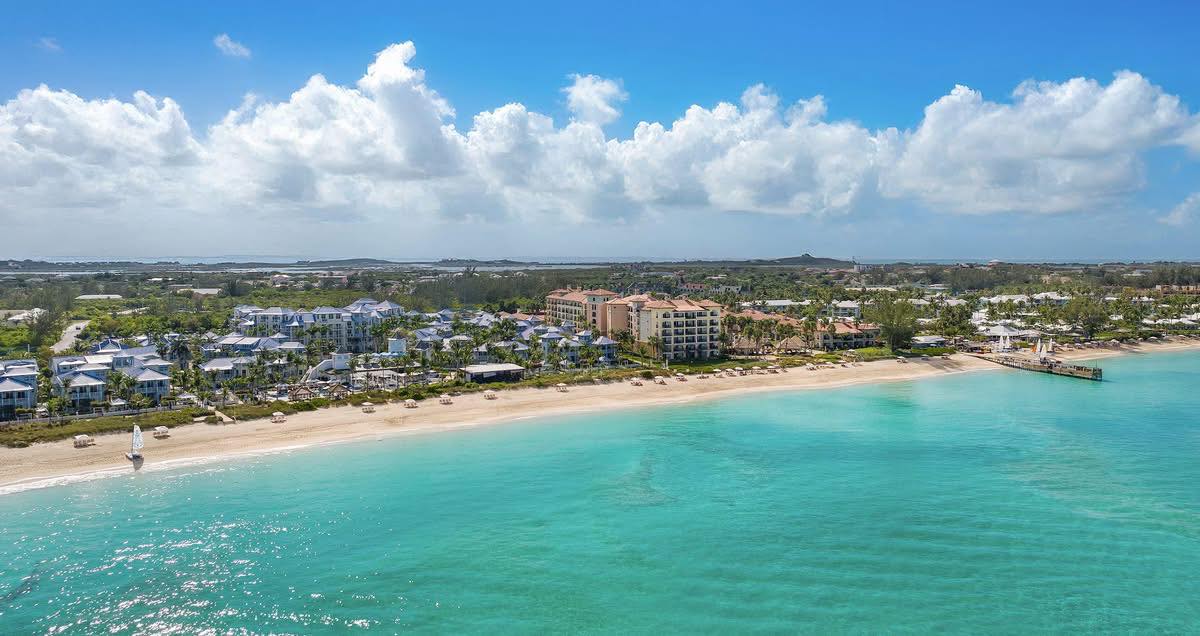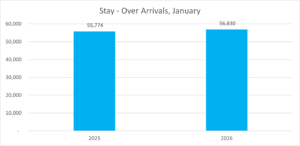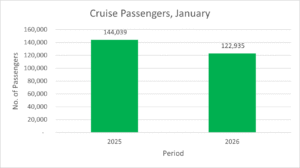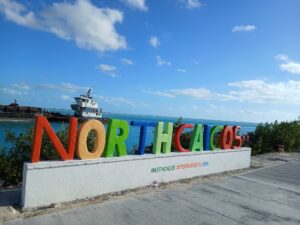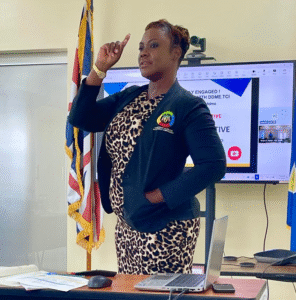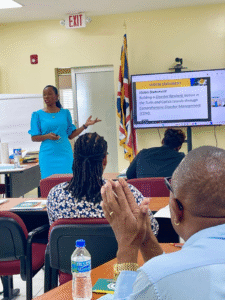#TurksandCaicos, September 28, 2021 – Nearly 18 months have past since the Covid-19 pandemic hit, bringing a sudden collapse to the economy in Grand Turk which is the nation’s capital. The island is still reeling from the impact, and hasn’t been in such an economic despair since 2008, during the devastation caused by hurricane Ike.
It never dawned on me how much Grand Turk have become so dependent on the tourists dollars until now. With the pause on the cruise ships embarking on Grand Turk shores, it has impacted hundreds of local jobs and small businesses.
Although a few tourists from the island of Providenciales trickle in, it is not near sufficient revenue to add any sort of real relief to the people of Grand Turk and Salt Cay, many of whom are unable to find jobs to help support their families. For some, the only lifeline is the benefit of having a family member or two, who are employed by the government. The reality is, this is unsustainable if further delay of the cruise ships to Grand Turk continues for much longer.
Cruising has resumed in select Caribbean countries like the Dominican Republic, Bahamas, Jamaica and a few others. However, the debacle continues as the cruising industry faces fluid embarkation protocols with international ports, in addition to requiring mandatory vaccination of passengers. Having said that, as much I would like to be optimistic about the imminent return of cruising to Grand Turk, the prospects for 2021 appear pretty bleak.
During the earlier part of this year, some extravagant plans were proposed by the government, with talks of utilizing a portion of the Carnival infrastructure funds to help resuscitate the ailing economy in Grand Turk, but execution appears to be at a standstill. 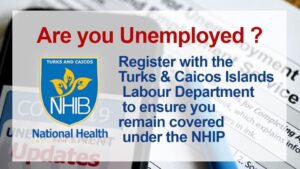
As the government struggles to find an economic balance to fuel recovery efforts, it would be prudent to keep hope alive on a continuous basis particularly for the people of these two Islands. This can easily be done by providing more regular updates on the progress of talks with Royal Caribbean and Carnival’s executive team.
Public communication should also include a targeted date for reopening of the Grand Turk cruise port and any interim plans to mitigate the loss of employment income. As the summer months drawn down, there are literally very little flow of tourism now. Hoteliers, tour operators and small businesses have taken huge losses and are feeling the punch.
Local government contracts are sparse, and under the current laws of how contracts are awarded, there aren’t enough to go around. Given the nature of this unprecedented virus and prolonged hardship, this may not be the best approach especially for those needing it the most. Therefore, citizens are anxiously awaiting to see what the next big step this administration will take to provide jobs for many of those who are unemployed.
In my opinion, what both political parties have failed to do is to share the wealth, which I think is a huge missed opportunity. With the staggering number of tourists visiting the island of Providenciales on a weekly basis, more could be done to lure tourists to these outer islands.
Among many things, the government could increase the marketing budget abroad, with specific focus on promoting whale watching which is a niche market to Grand Turk and Salt Cay. In addition, promoting the “magnificent wall”, The Wall as it is referred too, is an amazing 7k feet deep ocean shelf, approximately 1000 feet off Grand Turk shore line, a dream for scuba diving enthusiasts. Or perhaps, having on display, posters with names of the outer islands at the international airport. Animation of our brand via promotional videos would also capture travelers attention.
Stakeholders across the travel and tourism sector, can also partner with the local airline operators to offer promotional discounts on airfares and lodging to these particular islands etc. In all likelihood, this would entice more tourists to consider taking a day trip to these outer islands.
How long will the pendulum continue to swing both ways in the nation’s capital, regardless of political parties?
Granted, the newly proposed reforms and projects recently announcement by the Premier, appeared to have given the people of Grand Turk some renewed hope.
Nevertheless, for added accountability, the focus should continue to be on tangible deliverables and timeframe of these ministerial proposals.
My fear is, if cruising doesn’t resume within a reasonable timeframe, we could began to see an uptick in petty crimes. With the trickle down impact, it could also force the closure of more small businesses on the island.
Subsequently, causing an exodus of folks seeking employment elsewhere, which could cause further drain of the talent pool from the Capital.
Ed Forbes
Concerned Citizen of Grand Turk
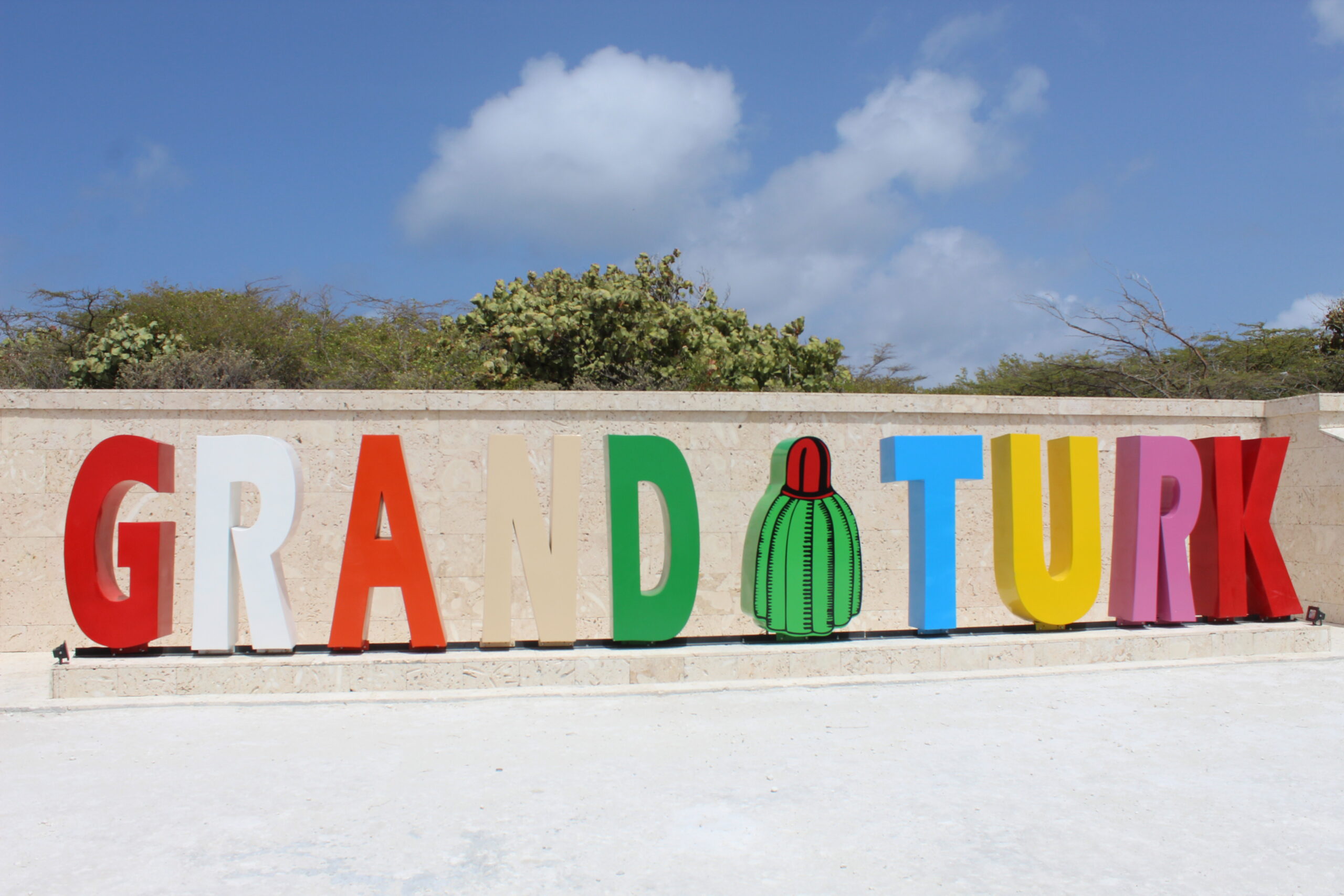


 News5 days ago
News5 days ago
 News1 week ago
News1 week ago
 Caribbean News6 days ago
Caribbean News6 days ago
 News5 days ago
News5 days ago

